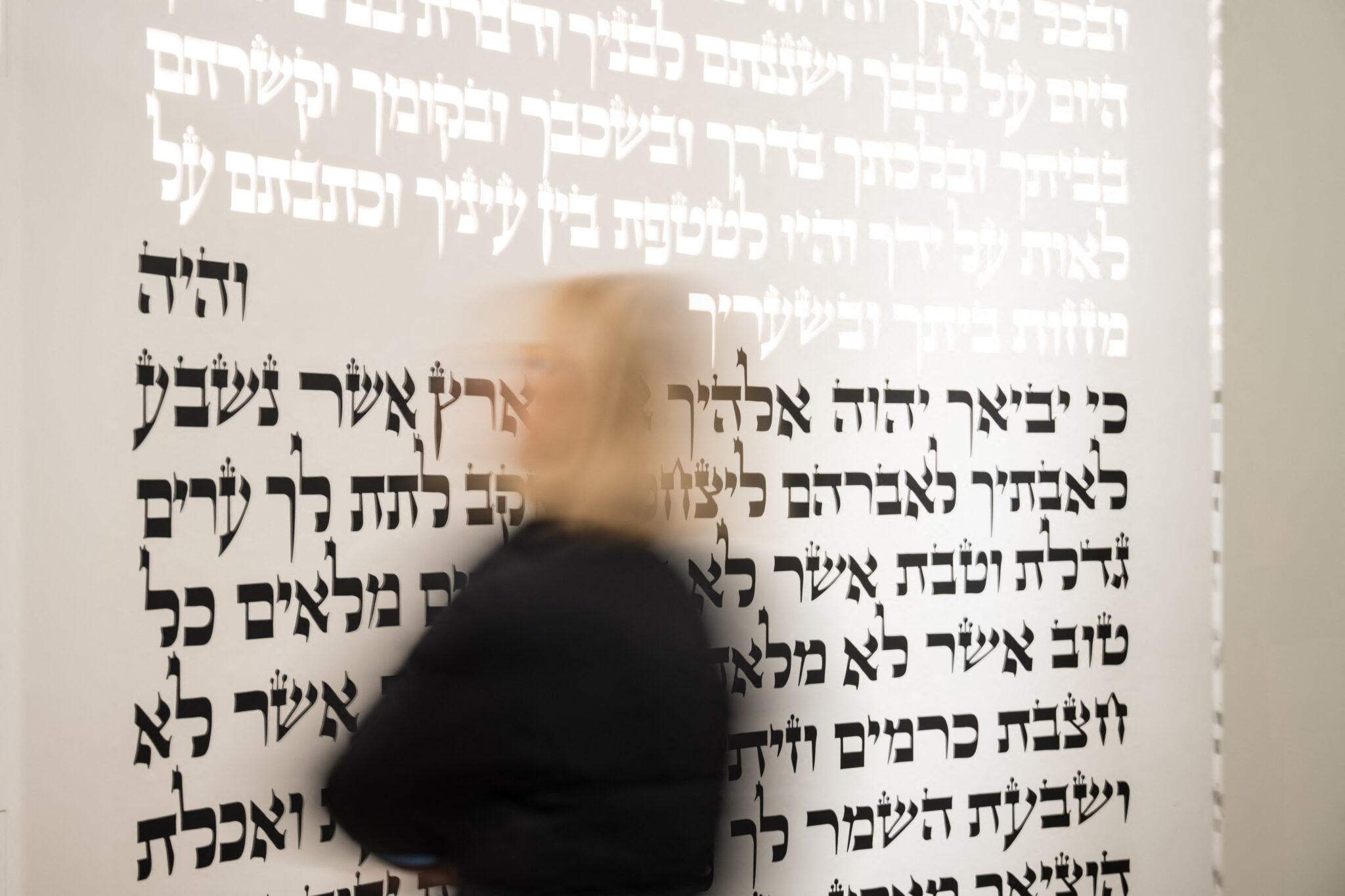<em>To love him with all your heart, with all your understanding and strength, and to love your neighbour as yourself, this is far more important than any holocaust or sacrifice. </em>(Mark 12:33)
The scribe in Sunday’s Gospel is praised by Jesus for saying this. Despite the Jews’ constant animal sacrifices in the Temple, the root of the Mosaic Law consisted in only one offering of the animals they had started to worship in Egypt, a sacrifice never meant to be repeated (Exodus 24:3-8). Only after they worshipped the golden calf did God command constant sacrifices in order to avoid making these animals idols: commanding a community to slaughter an animal makes worshipping it psychologically impossible.
The covenant with Moses was planned to begin with one, unrepeated sacrifice, but infidelity required more offerings. Jesus’ covenant began with one unrepeated sacrifice, and, despite our sins, He has not asked us to make any more. In the second reading, we hear of the “ideal high priest” who “would not need to offer sacrifices every day … because he has done this once and for all by offering himself” (Hebrews 7:26-27). Jesus’ sacrifice on the Cross is this once and for all offering.
He has restored the nucleus of Moses’ covenant – what God wants above all is our love, not our offerings. When we are unfaithful, He no longer demands that we destroy the idols we worship – whether they be money or honour, pleasure or power – but that we begin again to love Him, asking for His mercy. He has destroyed our idols by giving us something so much greater than any of them: Himself. With this gift, we are able to give ourselves to Him in return.
Love for God is only ever a response to his love for us. Jesus here states the greatest commandment of the old law, but He will soon give a new commandment of the new law: “love one another as I have loved you” (John 13:34). Jesus can command this, not merely suggest it, because He has loved us totally first. Jesus has written us into His heart when it was pierced by the lance, so let us write Him into our hearts too, as we hear in the first reading: “Let these words I urge on you today be written on your heart.”
Am I trying to offer love to God from my efforts alone and constantly seeking to receive it from others? Jesus wants us to receive love from God and offer this same love to others. In the psalm we say “I love you, Lord, my strength” – Jesus asks us to love with all our strength because he is our strength.
We can do this by focusing on the first word that Jesus quotes from Deuteronomy: “Listen.” Listening to Jesus in prayer transforms our hearts and makes our listening to others more selfless, while prayerfully keeping close to His presence in the Blessed Sacrament fills our souls with grace. He is the kingdom made flesh and will say to us what he said to the scribe: “You are not far from the kingdom of God.”



